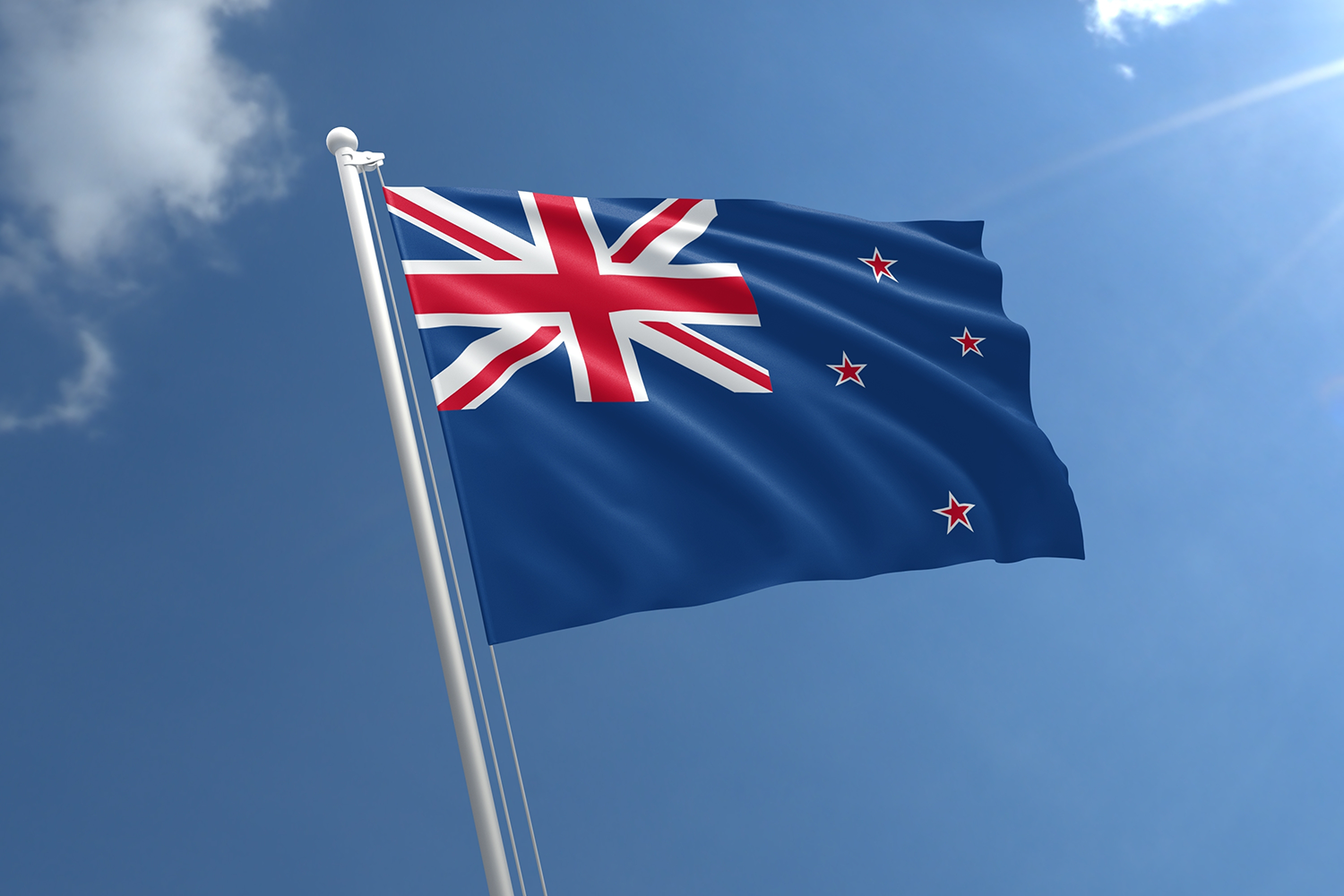New Zealand Cracks-Down on Tobacco Products

The UK government along with lobbyist groups including the prominent Action on Smoking and Health (ASH), have been pushing for more and more restrictions on tobacco products in recent years and months. This is in response to fears that with current provisions, their goal of a smoke free generation by 2030 may be unachievable. Fears that were only escalated following an explosion in youth smoking uptake during Britain’s covid lockdowns.
In 2021 we saw a number of changes proposed that would restrict and deter consumption of tobacco, including raising the legal smoking age and printing smoking kills on individual cigarettes. The proposed changes have been met with positivity for the most part, however there are those who feel they will either have little to no impact, or simply restrict peoples’ freedoms too much.
New Zealand however has taken the spotlight in the closing days of 2021, and 2022 seems set to be an interesting year for the nation’s smokers. With some stark new changes proposed by the NZ government, people born after 2008 may be unable to purchase tobacco products in their lifetime, the BBC reports.
Why New Zealand Has Proposed New Tobacco Laws
Much like the UK, New Zealand is also working towards achieving a smoke free generation. This would mean cutting their national smoking rate to 5%, before continuing to eradicate it entirely. While this is identical to the UK’s smoke free future target, New Zealand wished to achieve their target five years sooner than the UK; 2025, instead of 2030.
Currently, 13% of New Zealand’s adults are smokers. In particular the island’s native Māori population, in which one third of adults are smokers, have far higher rates of disease and death. With a much smaller population than the UK, only 5 million strong, government officials want to act as quickly as possible to curb smoking rates and preserve the health of their emerging generations.
The decision to ban the sale of tobacco products to those born after 2008 effectively seeks to prevent a future generation of smokers from ever emerging. This would theoretically prevent rates from growing beyond 13% and bring that figure down to the desired 5% or below. The tobacco industry has been the target of NZ legislators for over a decade, recognising smoking as the leading cause of preventable death in their population.
Healthcare experts have high hopes for the new restrictions. Professor Janet Hook from the University of Otago stated: "It will help people quit or switch to less harmful products, and make it much less likely that young people get addicted to nicotine."
Additional Restrictions Proposed by Government
The decision to implement a ban on sale to those born after 2008 is not the only change to tobacco regulation proposed by the NZ government. In fact, those New Zealanders who fall outside of the age-based restriction will also find their access to tobacco limited.
The new laws would also see the actual nicotine levels within each cigarette restricted. In addition, the availability of tobacco products will be drastically reduced, making it not only less impactful to smoke, but harder to continue doing so. The number of NZ stores currently authorised to sell cigarettes stands at approximately 8000, however officials have stated that this would be cut to under 500.
Vaping by contrast has not yet been hit with any further restrictions, however it has been recognised as being far more popular among younger demographics than traditional cigarettes. NZ health authorities have warned that despite not yet facing similar sanctions as tobacco, vaping products can still deliver harmful agents and should be treated with caution. Despite this warning, vaping was adopted as far back as 2017 as a pathway to help smokers quit in NZ, and remains a part of it’s stop-smoking services.
Reactions to The Proposed Changes
Overall, much as in the UK, the proposed restrictions have been met with a largely positive response. Certainly, in governmental and healthcare sectors, many have hailed the reforms as “world-leading”. Even members of the NZ public have shown their support, with one man stating, “I reckon it's a good move, really," “Because right now there's a lot of young kids walking around with smokes in their mouth. Public are asking how they're getting these smokes.”
There have been a number of concerns raised by others however, who have warned that prohibitionary tactics will only drive a black market for tobacco products. This has been acknowledged by the NZ government though, who have recognised that their customs agencies will require additional resource to ensure borders are properly policed to prevent such a market emerging.
In light of the impact on retailers faced by the prospect of less than 500 stores being able to capitalise on tobacco revenue, lobby groups have spoken out. Sunny Kaushal, chairman of the Dairy and Business Owners Group has said: “This is all 100% theory and 0% substance. There’s going to be a crime wave, gangs and criminals will fill the gap”.
With the proposed laws expected to take effect this year (2022) time will now tell if they will have the desired effect. It can be fairly speculated that if the changes find success, we may see similar measures adopted by the UK government in-kind.
Do you think such a scheme would be met with as much positivity by the British